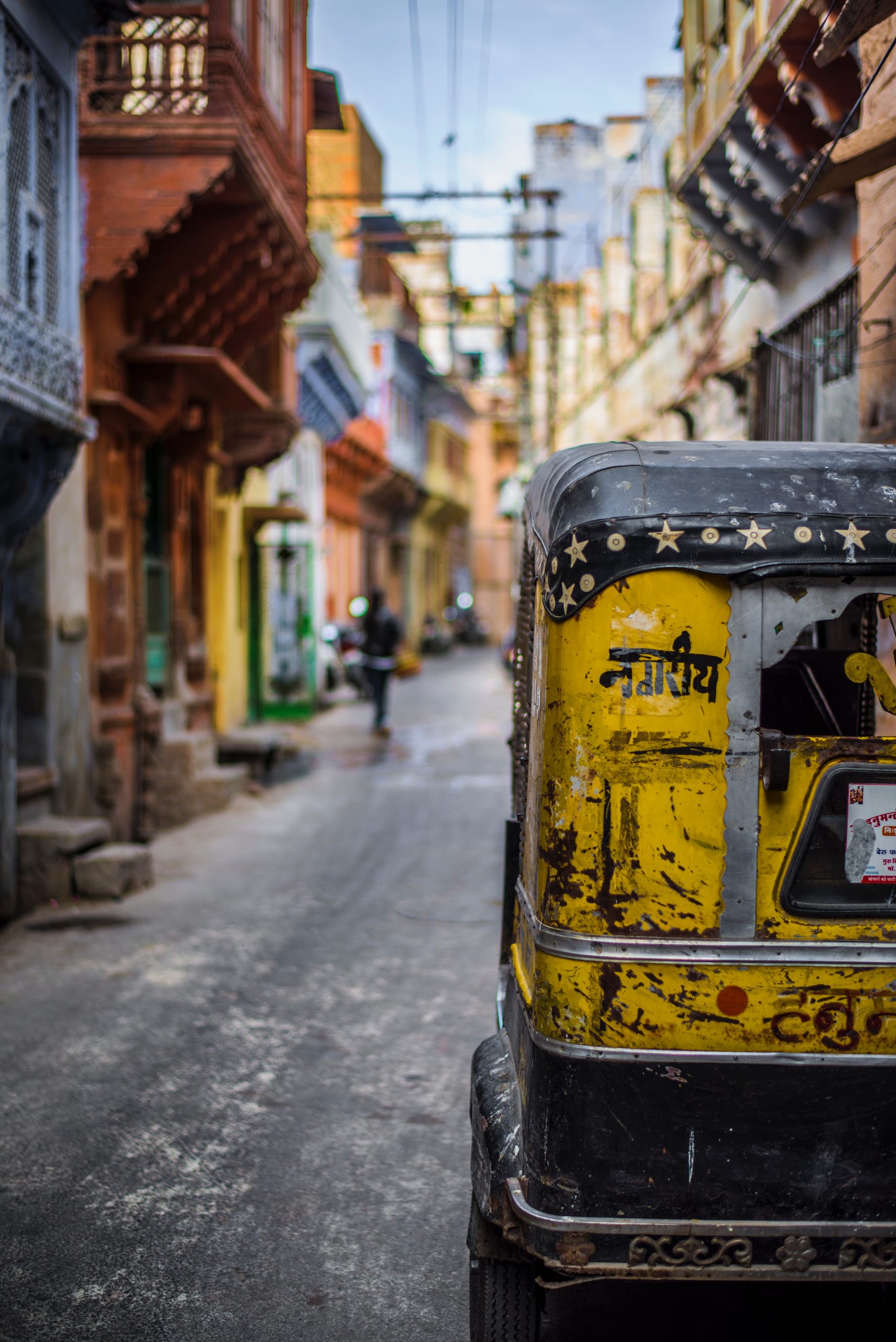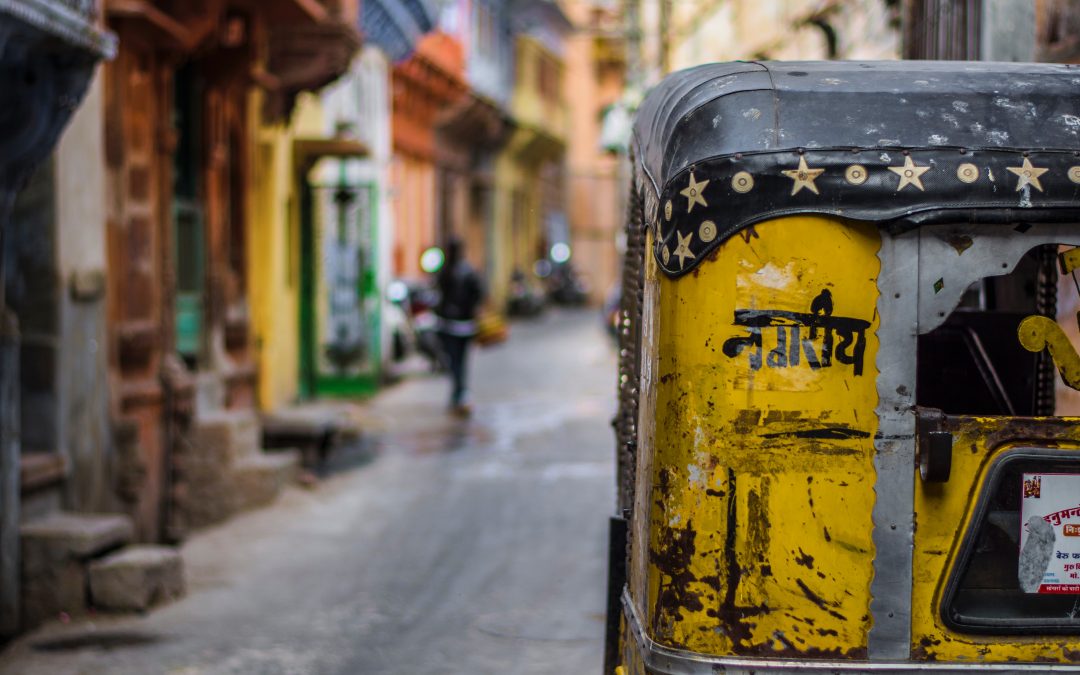Author: Jan

Portugal has declared an intensification of the EU’s relations to India as one of the primary foreign policy goal of its current EU Council presidency. Until the 1960s, Portugal occupied parts of the Indian province Goa as a colonial power and, to this day, maintains close relation to India.[1] With Great Britain leaving, the EU has lost a powerful foreign policy actor and needs to revise its future geopolitical strategy.[2] Against this background, an EU-India summit will be held in Mai 2021 in Porto. Portugal’s minister of foreign affairs Augusto Santo Silva praised the imminent summit as the “jewel in the crown” of Portugal’s foreign policy efforts throughout its Council presidency. The summit is supposed to pave the way for a renewed trade and investment agreement between India and the EU. Similar efforts were put to rest in 2013 in view of the EU’s opposition to India’s protectionist tendencies in its agricultural sector as well as the country’s large-scale production of generic pharmaceuticals. [3]
If the EU is to avoid getting caught in the crossfire of the ongoing US-China feud, Brussels is well advised to diversify its economic relations towards India. Reaching out to India is likely to relieve Brussels’ diplomatic tensions with the two superpowers, despite entailing great potential for the EU’s digital progress. India is one of the world’s leading forces in the digital economy and stands out with pioneering innovations in the area of artificial intelligence. [4]Hence, a closer cooperation with India could be a game-changer in the EU’s digital transition and assist the EU in developing digital production capacities of its own. Besides cooperation in the digital field, Indian companies count as global market leaders in the solar power industry, therefore, a partnership could help materialize the EU’s ambitious
new green deal.[1] The European Investment Bank has already invested large sums in promising solar power projects in India with prospects of further investments in the future.[2]
While the EU already is one of India’s largest trading partners, a free trade agreement could result in significant gains of €8 billion, as calculated in a recent study by the European Parliament.[3] In terms of trade relations, India comes close to being a dream partner with a view to its enormous growth potential. As Geert Bourgeois (MEP), focal person on EU-India trade deal in the Parliament, states “it always becomes richer and younger. The growth potential is enormous.”[4] The COVID-19 pandemic has only reinforced both sides’ ambitions to reach a closer economic agreement. While the EU seeks to diversify its supply chains in the attempt to lower its dependence on China, India presents itself as a viable investment alternative. Particularly in the area of manufacturing, India challenges China’s global dominance by attracting contract manufacturers from Europe.
An intensified future cooperation with the EU would not only deepen India’s economic relations with Europe, but also serve as a gateway to other regions of the world. According to political scientist Monica Dias from the University of Lisbon, the signal the EU sends to India should sound as follows: “Look, India: If you deepen your cooperation with the EU, you can use the continent to move further to South America and Africa. These linkages, these bridges are quite important.”[5] However, stronger economic ties are not the only driving force behind the intended rapprochement with India. As the largest democracy in the world, India can be understood as a value partner to the EU. With this in mind, a closer alignment between India and the EU creates the potential of a global counterweight to autocratic China. Portugal’s Minister of Foreign Affairs recently stated, “We cannot overlook the world’s biggest democracy.” [6]Similarly, India’s ambassador to the EU consents to the notion of common values and highlighted that “sharing values of freedom and rule of law lends an element of comfort in our interactions which may not be present with others who adhere to different values.” [7]
Regardless of the enormous potential, Brussels and New-Delhi need to overcome strong mutual reservations before sealing a deal. Brussels disapproves of India’s high tariffs and local content requirement, while New-Delhi is sensitive about any attempts to impose climate and labour standards on its population.[8] Nonetheless, India is on its way to fulfil its Paris Climate Agreement goals and the GDPR inspired similar data protection endeavours in India.[9] Despite some difficulties, it appears that a level playing field to launch negotiations between India and the EU is soon to be in place.
[1] https://www.tagesschau.de/ausland/eu-ratspraesidentschaft-portugal-101.html
[2] https://www.nzz.ch/international/portugal-uebernimmt-ratspraesidentschaft-in-der-eu-ld.1595250
[3] https://www.politico.eu/article/china-rise-eu-india-trade-deal/
[4] https://www.dqindia.com/can-india-next-artificial-intelligence-superpower-heres-industry-leaders-think/
[1] https://www.carbonbrief.org/iea-india-is-on-cusp-of-a-solar-powered-revolution
[2] https://www.eib.org/en/press/all/2018-063-record-eur-1-billion-european-investment-bank-support-for-global-solar-investment-confirmed-ahead-of-international-solar-alliance-summit
[3] https://www.politico.eu/article/china-rise-eu-india-trade-deal/
[4] https://www.politico.eu/article/china-rise-eu-india-trade-deal/
[5] https://www.tagesschau.de/ausland/eu-ratspraesidentschaft-portugal-101.html
[6] https://www.dw.com/de/sozialer-gr%C3%BCner-digitaler-portugals-pl%C3%A4ne-f%C3%BCr-die-eu-ratspr%C3%A4sidentschaft/a-56072474
[7] https://www.politico.eu/article/china-rise-eu-india-trade-deal/
[8] https://www.politico.eu/article/china-rise-eu-india-trade-deal/
[9] https://www.politico.eu/article/china-rise-eu-india-trade-deal/
Your content goes here. Edit or remove this text inline or in the module Content settings. You can also style every aspect of this content in the module Design settings and even apply custom CSS to this text in the module Advanced settings.


Nedavni komentarji